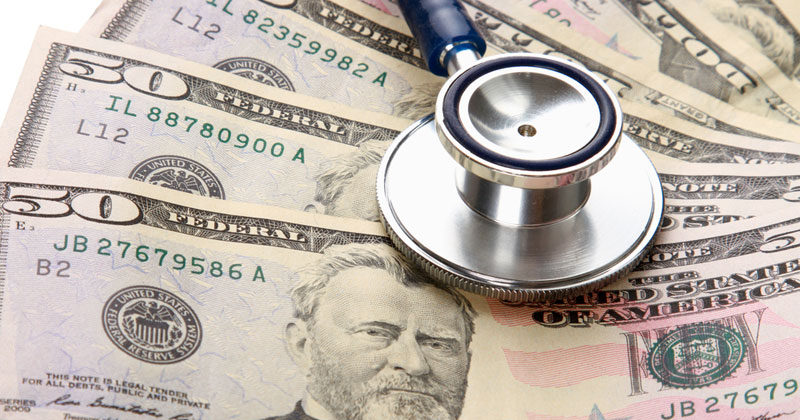The IRS and Congress have provided COVID-19 relief for flexible spending account plans (FSAs). The new rules include:
- An unlimited carryover or 12-month grace period for unused amounts;
- Spend-down of unused health FSA benefits after mid-year participation termination;
- Mid-year election changes in 2021 are permitted.

A plan is not required to provide this relief, and it must be added by plan amendment. Plan amendments may be retroactive.
Enhanced Carryover and Extended Grace Periods
Typically, FSAs are “use it or lose it” arrangements. If the employee does not use the funds by the end of the year, the funds are forfeited back to the employer. However, there are a couple of options an employer might choose to enact:
- An employer can provide a grace period of up to 2 1/2 months immediately after the end of a plan year for employees to use amounts remaining from the previous plan year to pay for expenses that are incurred during the grace period. For example, if a plan has a grace period in place, and an employee has $300 remaining in their FSA after the plan year-end of December 31, 2020, they have until mid-March to use that amount without eating into their 2021 balance.
- Another option is for the plan to allow participants to carry over up to $550 of their unused health FSA balances at the end of a plan year.
A health FSA cannot have both a carryover and a grace period. It can have one or the other or neither. The main differences between a carryover and a grace period are:
- Carryover amounts can be used throughout the next year, there is no 2 ½ month time limit; and
- Grace periods have no max dollar limit.
For plan years ending in 2020 or 2021, a health FSA or dependent care FSA can permit the carryover of any unused amounts—not just $550—from that plan year to the next plan year. Alternatively, a plan can provide an extended grace period to reimburse expenses for up to 12 months after the end of the plan year.
A plan still cannot be amended to provide for both a grace period and a carryover; it is one or the other. A plan that currently permits a carryover can be switched to provide for a grace period or vice versa.
Normal rules regarding carryovers and grace periods will automatically come back into effect after 2021.
Health FSA Spend-Down
If an employee ceases participation in a health FSA during 2020 or 2021 due to a termination of employment, a change in employment status, or a mid-year election during 2020 or 2021 to opt-out of the FSA, they can continue to receive reimbursements from their unused balance for the rest of the year (including any grace period or enhanced grace periods related to that plan year).
However, if a health FSA provides for carryover of unused amounts (versus a grace period), an individual who ceases participation during 2020 or 2021 cannot carry over any unused spend-down amounts that remain at the end of the year the participation ends.
Mid-Year Election Changes
For plan years ending in 2021, employees can make prospective mid-year election changes for health and dependent care FSAs. They can do this regardless of whether they’ve had a change in status or are otherwise permitted to make a mid-year election change under the usual cafeteria plan rules. The change cannot exceed the health FSA annual maximum ($2,750 in 2021).
This relief allows an employee to prospectively:
- Revoke an existing election;
- Make a new election; or
- Increase or decrease an existing election.
The IRS has also provided similar relief for employees to make mid-year election changes related to employer-sponsored health, dental, or vision coverage. The plan can also be amended retroactively to January 1, 2020, to cover over-the-counter drugs and menstrual care products.
Plan sponsors can permit multiple election changes during 2021, but they’re not required to do so.
Potential Fringe Benefit Relief
Since this relief is temporary, it is important for employers to be proactive and decide if they wish to implement any of these provisions in their FSA. All of these relief positions are optional and must be implemented by plan amendment. If the employer does amend the plan, participants will need to be informed of any changes so they may take advantage of potential COVID-19 relief.
